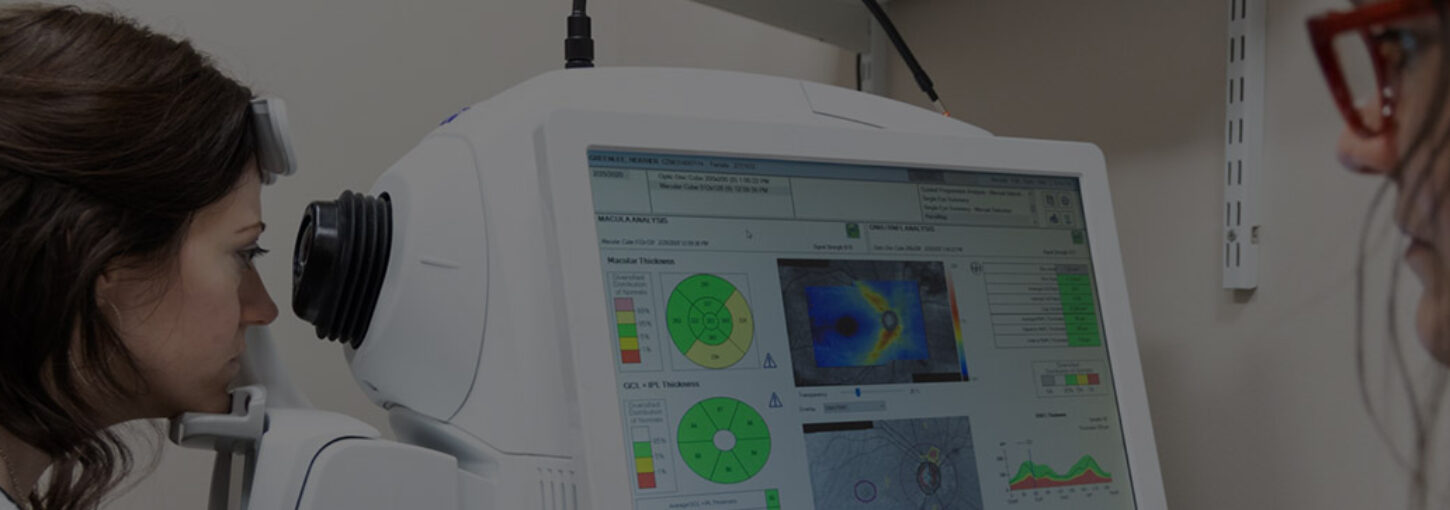Early Childhood Environments

- Understanding variations in children’s early development, with special interest in developmental variations in school readiness skills including social-emotional behaviors, academic skills, and executive function.
- Defining ECE (early childhood environments) quality
- Improving professional development and practice in order to improve children’s development.
- Improving the lives of families with very young children who are at-risk for poor developmental outcomes by improving home visiting practices both locally and nationally. Of special interest is the translation of research to practice in this field.
- Preparing a well-informed early childhood workforce that will persevere in the field and promote positive experiences for young children.
- Identify unique, active ingredients that facilitate intervention efficacy, especially with home visiting programs. Also, to examine factors that help (or hinder) implementation integrity and interventionist support.
- Researching in 0-to 5-year-old children’s development within the context of early care and education (ECE) settings. This research primarily utilizes large longitudinal secondary datasets and state and local administrative data and examines them through quantitative approaches.
- Improving pre-service and in-service training in early childhood education through the effective and innovative use of coaching. The research has a focus on using video for examining an individual’s interactions and providing constructive feedback.
- Understanding how best to prepare future early childhood teachers to be successful and effective.
- Examining the design, implementation, and efficacy of interventions targeted to young children and their families, with a special emphasis on families facing risks.
